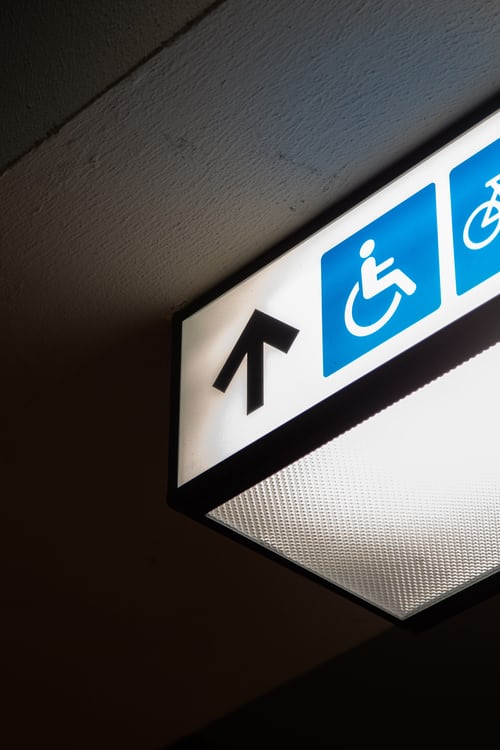Disabling Utopia to Save It
By s.e. smith,
The Nation
| 07. 14. 2021
Society can benefit from conjuring worlds that model diversity and inclusion.
Imagining better worlds can help us improve our own, but literary and cinematic utopias often exclude those who don’t fit into what are usually racially and culturally homogeneous societies. And whether it’s 1516 or 2016, utopian thinkers are especially prone to leaving out one group whose experiences and insights should enrich our dreams of the future: the disability community.
For centuries, utopias have presented disability as a personal shortcoming to be remedied, not as an identity to be supported and celebrated. A disability in a utopia is socially undesirable—a cause of suffering that does not belong in a place where wholeness of body and spirit is prized. The disability community, however, has a very different view of itself. And understanding what a more inclusive utopia entails shouldn’t just inform attitudes about what constitutes an ideal society; it should shape the way communities approach disability in the real world.
The exclusion of disability from utopias reflects long-standing social attitudes. Throughout much of Western history, disabled people were sequestered, either in institutions or at home. Disability wasn’t a topic of discussion in...
Related Articles
By Mike McIntire, The New York Times | 01.24.2026
Genetic researchers were seeking children for an ambitious, federally funded project to track brain development — a study that they told families could yield invaluable discoveries about DNA’s impact on behavior and disease.
They also promised that the children’s sensitive...
By Arthur Lazarus, MedPage Today | 01.23.2026
A growing body of contemporary research and reporting exposes how old ideas can find new life when repurposed within modern systems of medicine, technology, and public policy. Over the last decade, several trends have converged:
- The rise of polygenic scoring...
By Danny Finley, Bill of Health | 01.08.2026
The United States Food and Drug Administration (FDA) has a unique funding structure among federal scientific and health agencies. The industries it regulates fund nearly half of its budget. The agency charges companies a user fee for each application
...
By George Janes, BioNews | 01.12.2026
A heart attack patient has become the first person to be treated in a clinical trial of an experimental gene therapy, which aims to strengthen blood vessels after coronary bypass surgery.
Coronary artery bypass surgery is performed to treat...




